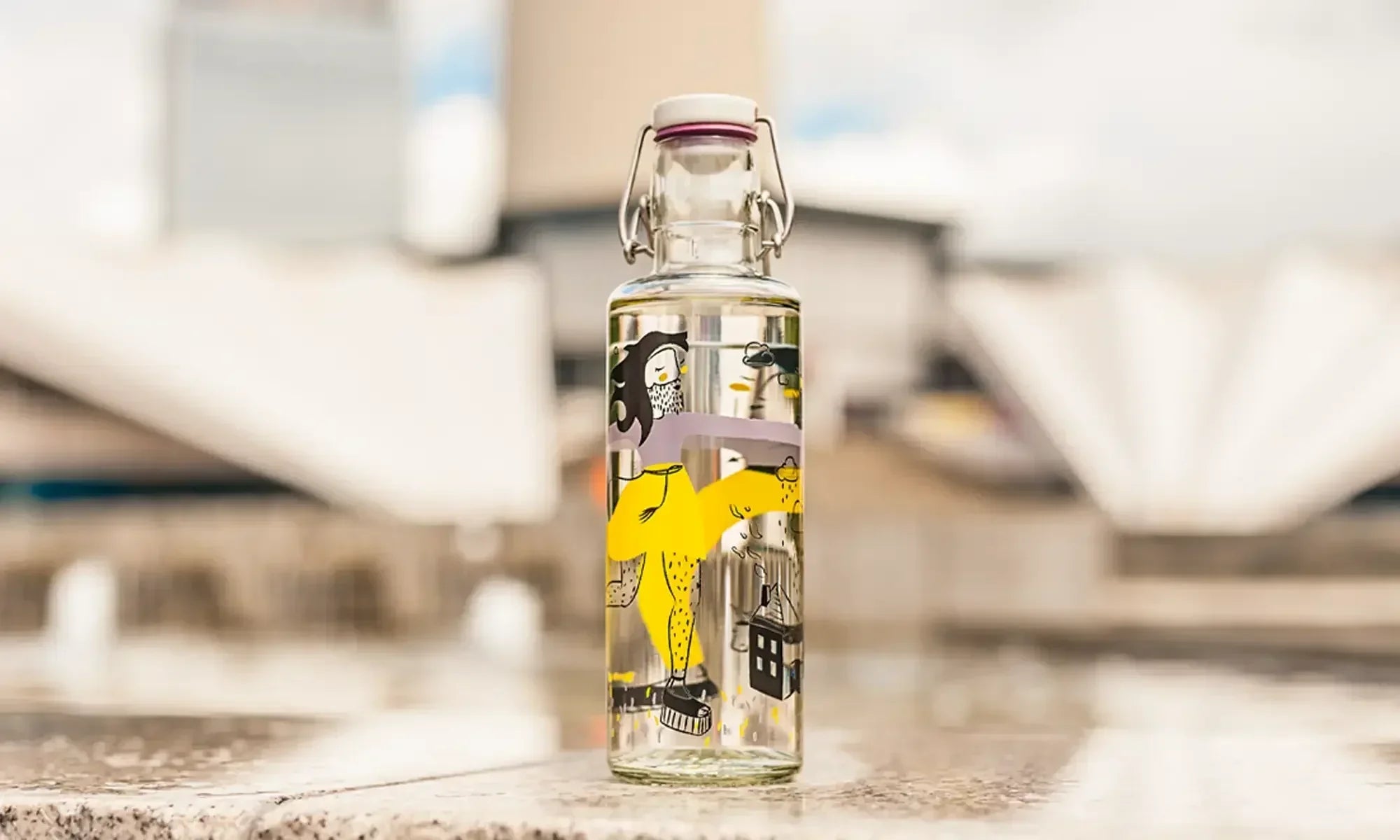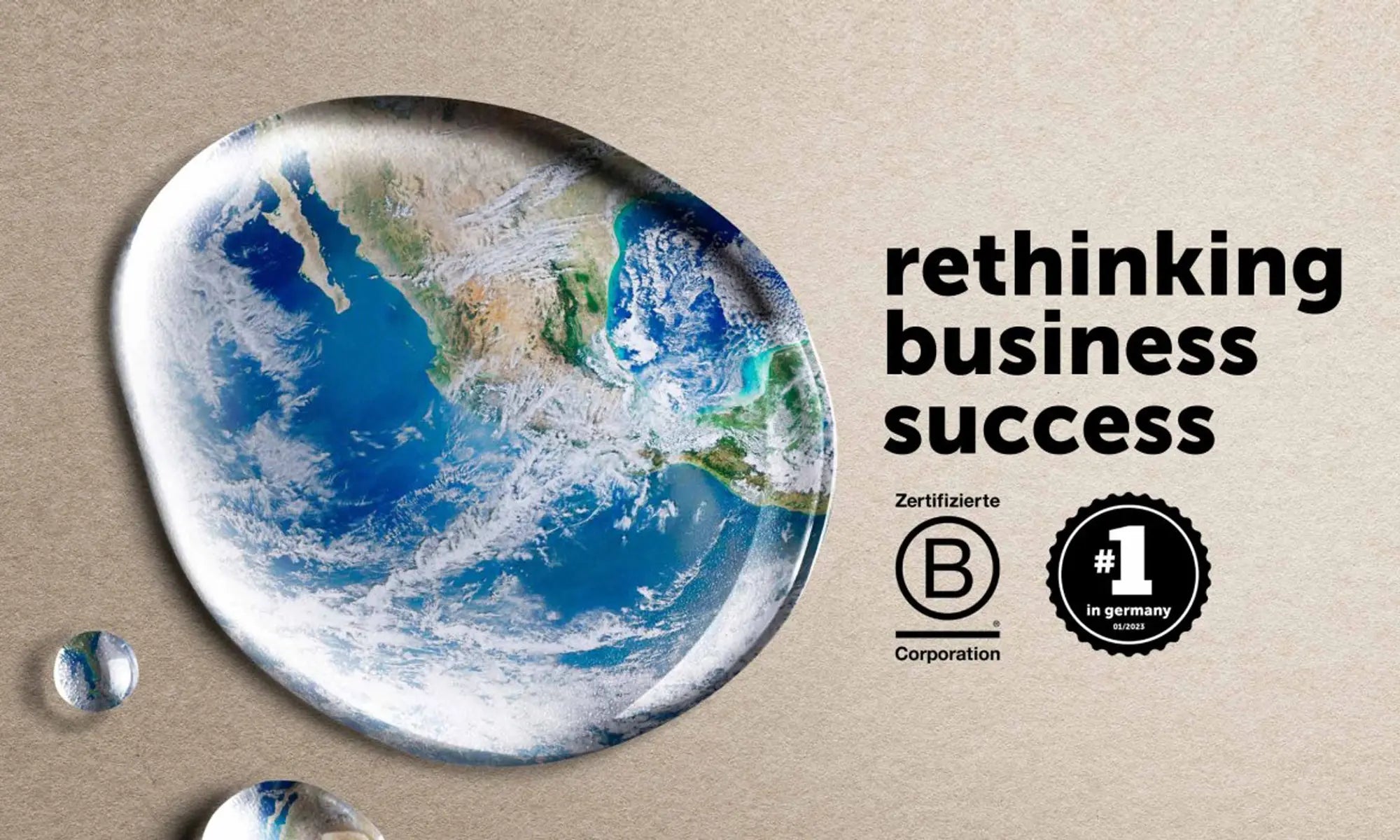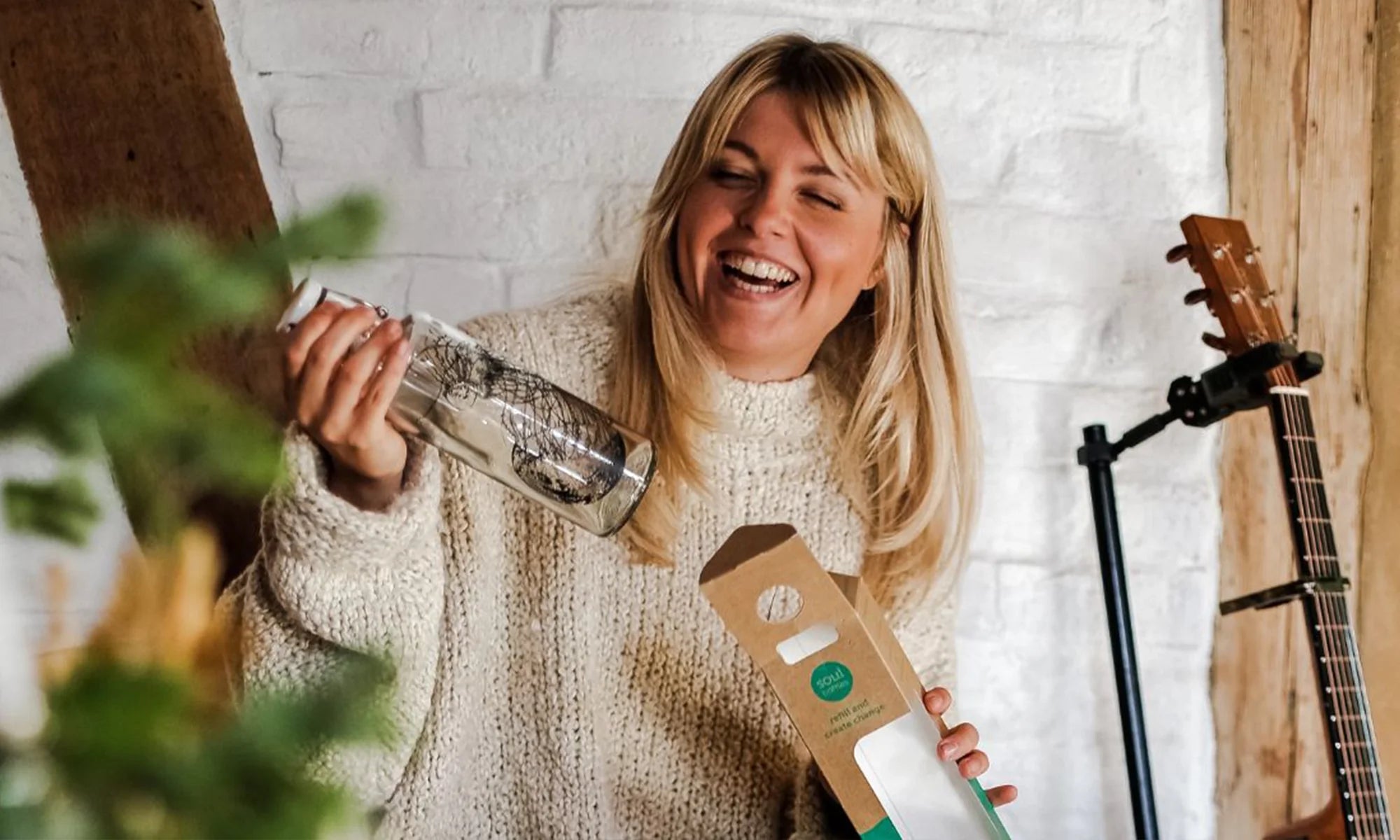The Pride Month June is all about standing up for the rights of the LGBTQIA+ community. During the month, parades and protests take place, rainbow flags fly on every corner, and even major corporations color their logos. As the name suggests, it's part of Pride Month. to deal with one's own sexuality and identity proudly and confidently To understand why, it is important to know how it came about.
You can find the entire statement on Fabian’s Instagram channel
Stonewall protests
Pride Month goes back to the Stonewall protests in New York Back. On the night of June 27 and 28, 1968, a police raided the Stonewall Inn bar. At that time, homosexuality and, among other things, wearing clothing outside stereotypical gender roles were punishable offenses. The police brutally attacked the bar patrons, who then refused to comply with their orders. This sparked a demonstration outside the bar that lasted four days. The initiators of the protests are the three People of Color Marsha P. Johnson, Sylvia Rivera and Stormé Delarvarie .
The protests are considered a cornerstone of the LGBTQIA+ movement and show: The rights of queer people were hard fought for. For a long time, it wasn't possible to proudly identify as a gay, bisexual, transgender, or intersex person in public. This is why Pride Month is celebrated every year. More specifically, the LGBTQIA+ community celebrates and fights for their rights all year long, but during Pride Month in June, the issue is also present outside of the community.
And now everything is fine?
Of course and unfortunately not. Even today, queer people struggle with structural stigma and a lot of prejudice. For example, 40% of trans people report experiencing discrimination in the workplace. This can manifest itself, for example, in the rejection of name changes. Such verbal aggression lays the foundation for anti-queer sentiment, which in the worst cases can result in violence: In 2017, there were 130 crimes against queer people in Germany, most of which were violent crimes. Compared to the previous year, the number has increased by approximately 20%. However, in recent years, acceptance of the queer community has been increasing, and fewer people are condemning homosexuality, for example. We want to maintain this trend and position ourselves accordingly as a company.
From left to right: Kiri, Phenix, Saskia, Fabian
What does this mean for us at soulbottles?
We decided to launch the soulbottle “Free Love” for Pride Month to raise awareness of the rights of the LGBTQIA+ community. The motif shows people who break with heteronormative standards and show that all people can deal with their sexuality freely and confidently. Provided, of course, that all parties involved are able to give their consent and have done so. We also want to use our resources to to let people from the queer community speak for themselves. Because it's all about making sure their perspectives are heard. That's why we've brought our partners Kiri , Fabian , Phenix , and Saskia on board, who will share what free love means to them on our Instagram channel .
You can find the entire statement on Saskia’s Instagram channel
And otherwise?
Anyone who wants to change something externally should start with themselves. So what does this look like within our own structures? We have established a working group called “Exit Discrimination” in which we address various forms of discrimination. We're currently working on a tool that makes experiences of discrimination visible so that they can be addressed. If you've already experienced this in your workplace, we'd love to hear your tips! Our PKE (Personal Development) role also organizes regular workshops to structural discrimination such as racism and sexism.
There's still a long way to go, and we want to take it together as a company and as a society. We will continue to listen, educate ourselves, and, above all, focus on intersectionality in the future in order to be able to tackle sociopolitical problems holistically.
Sources:







